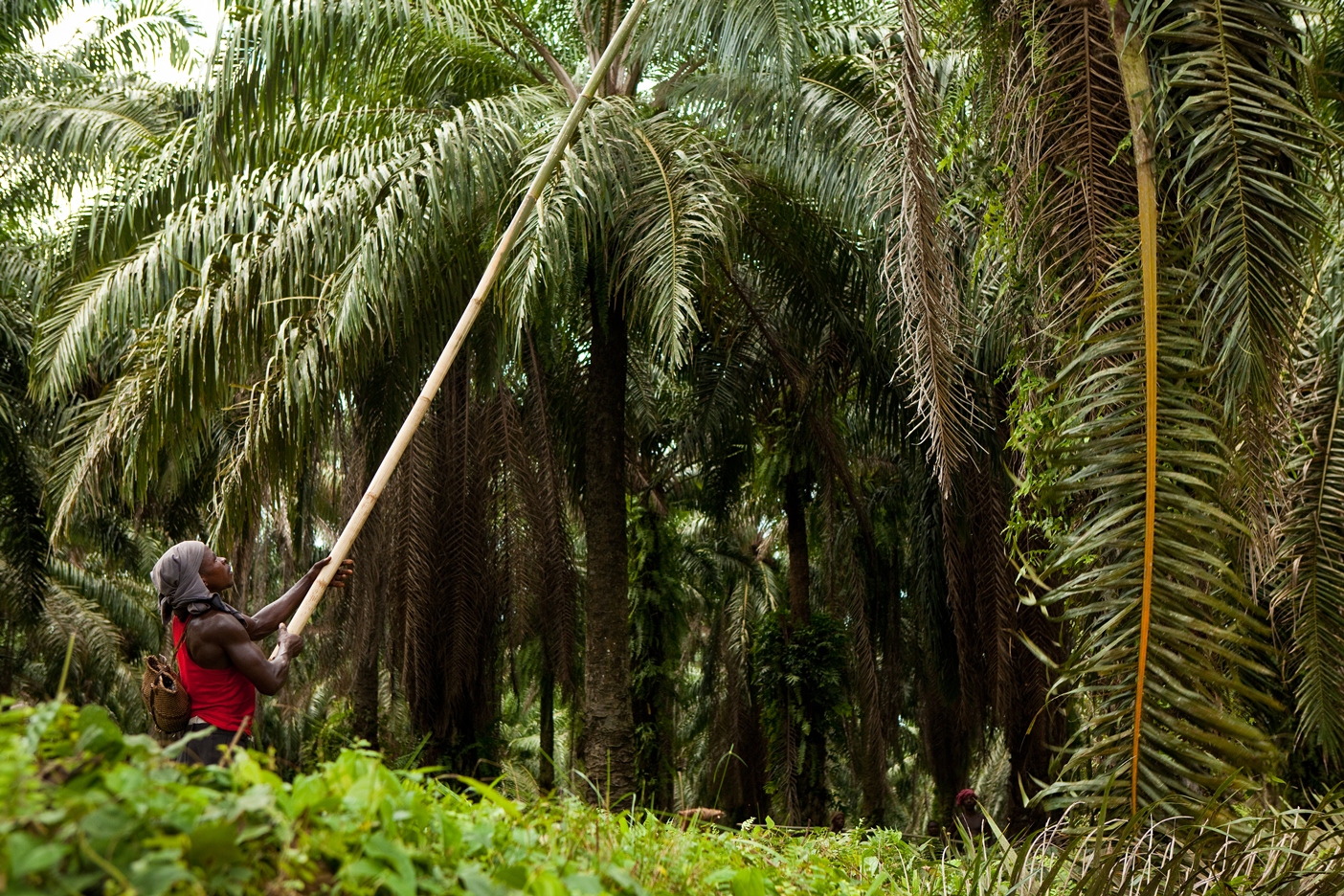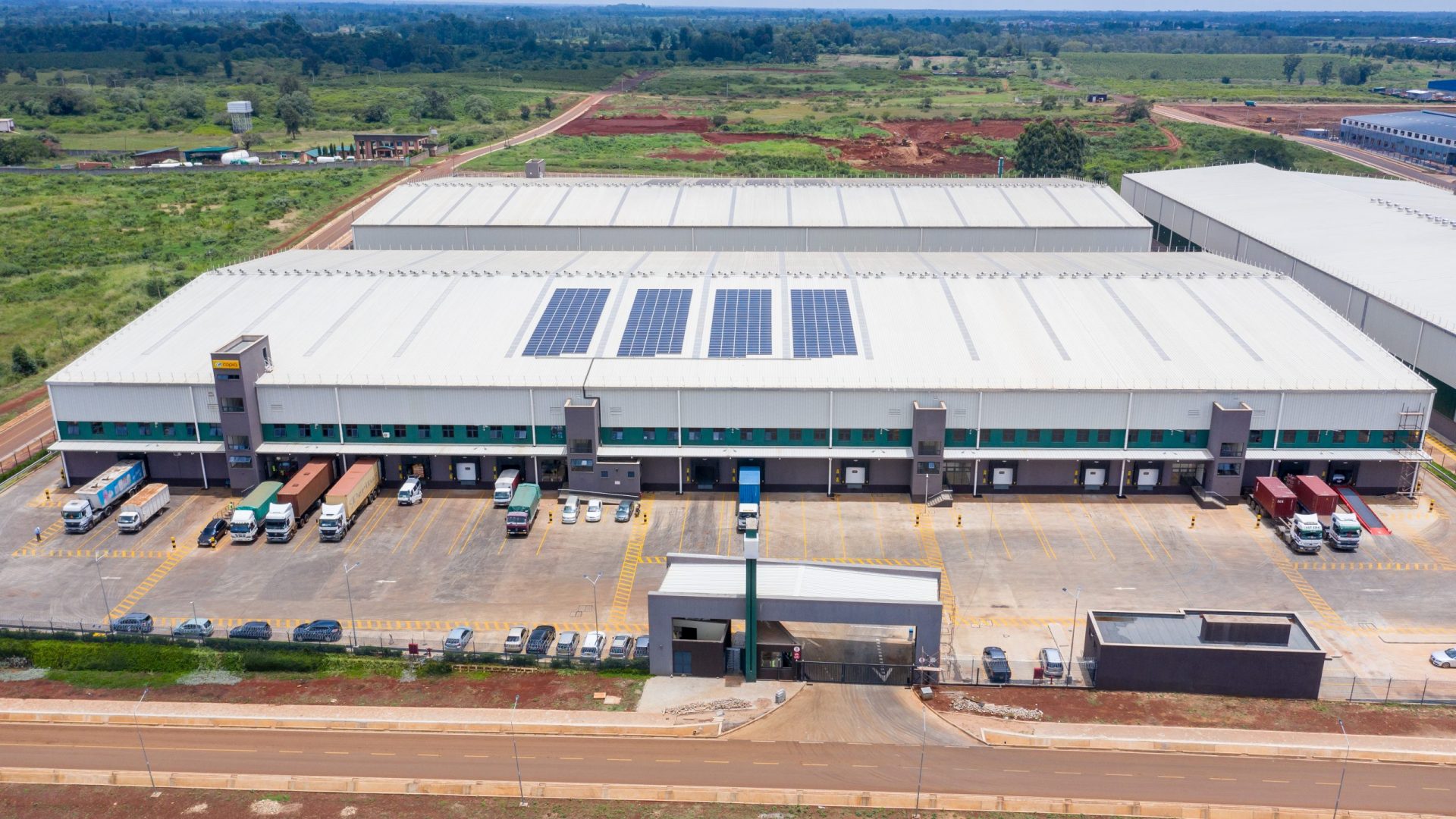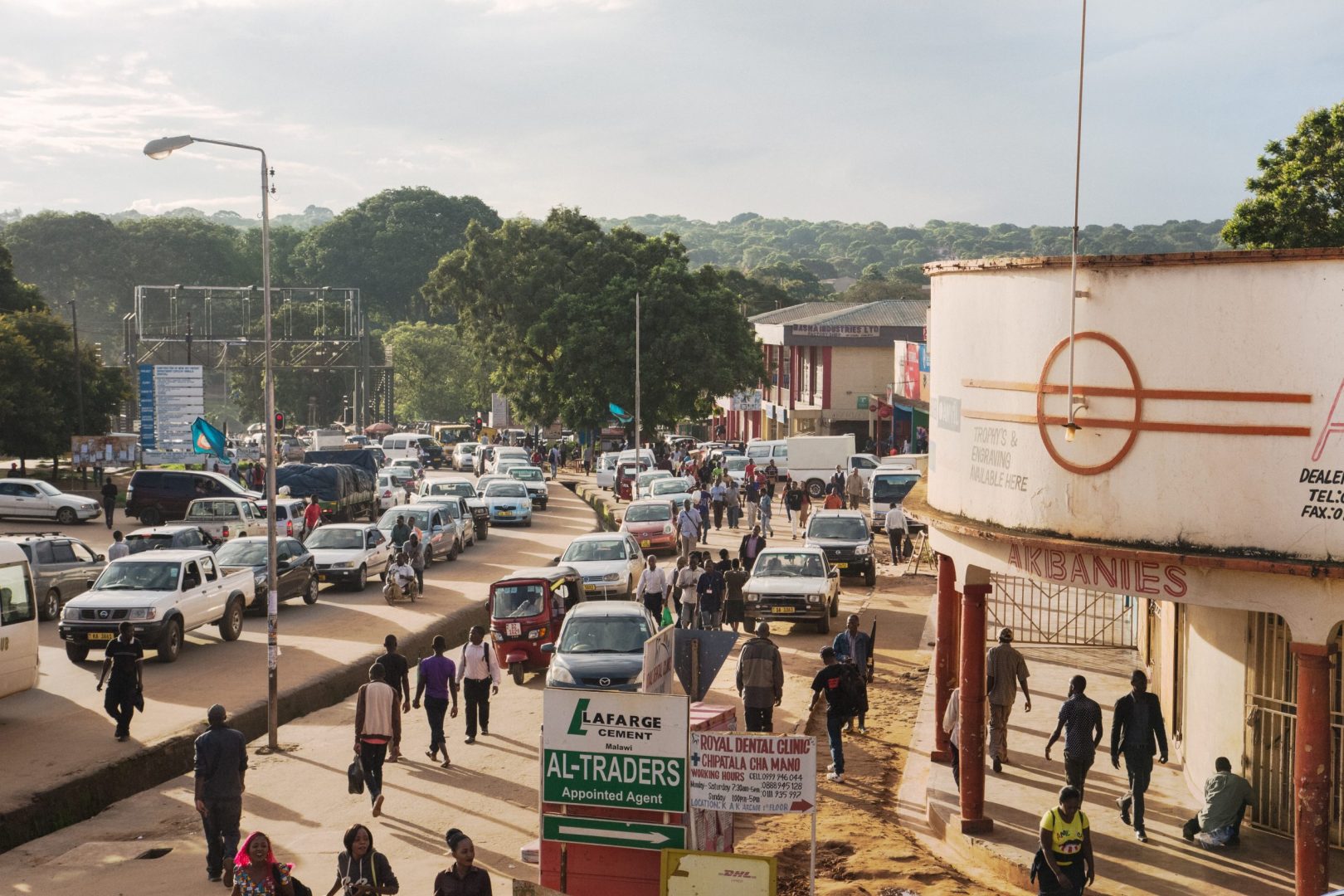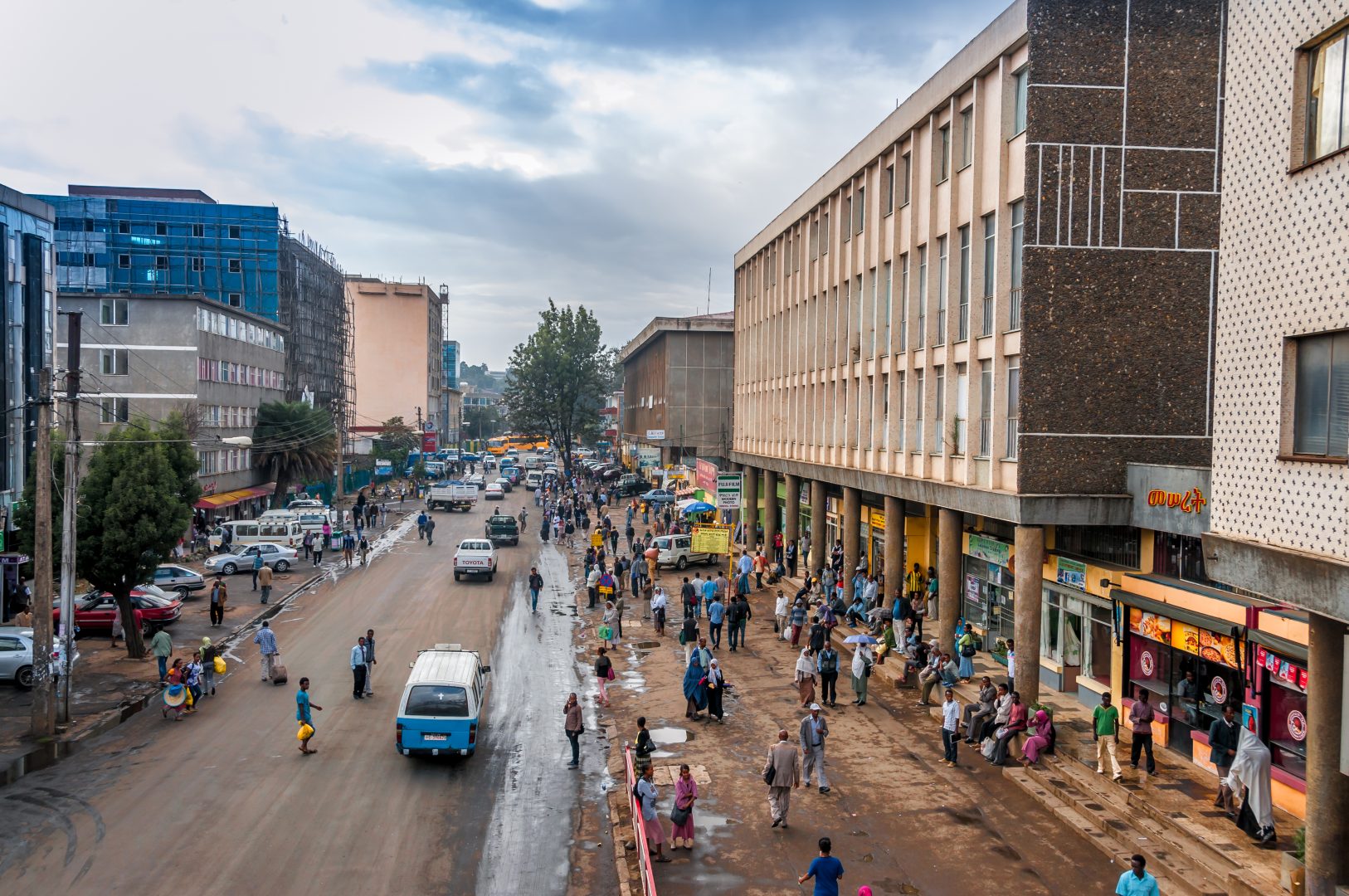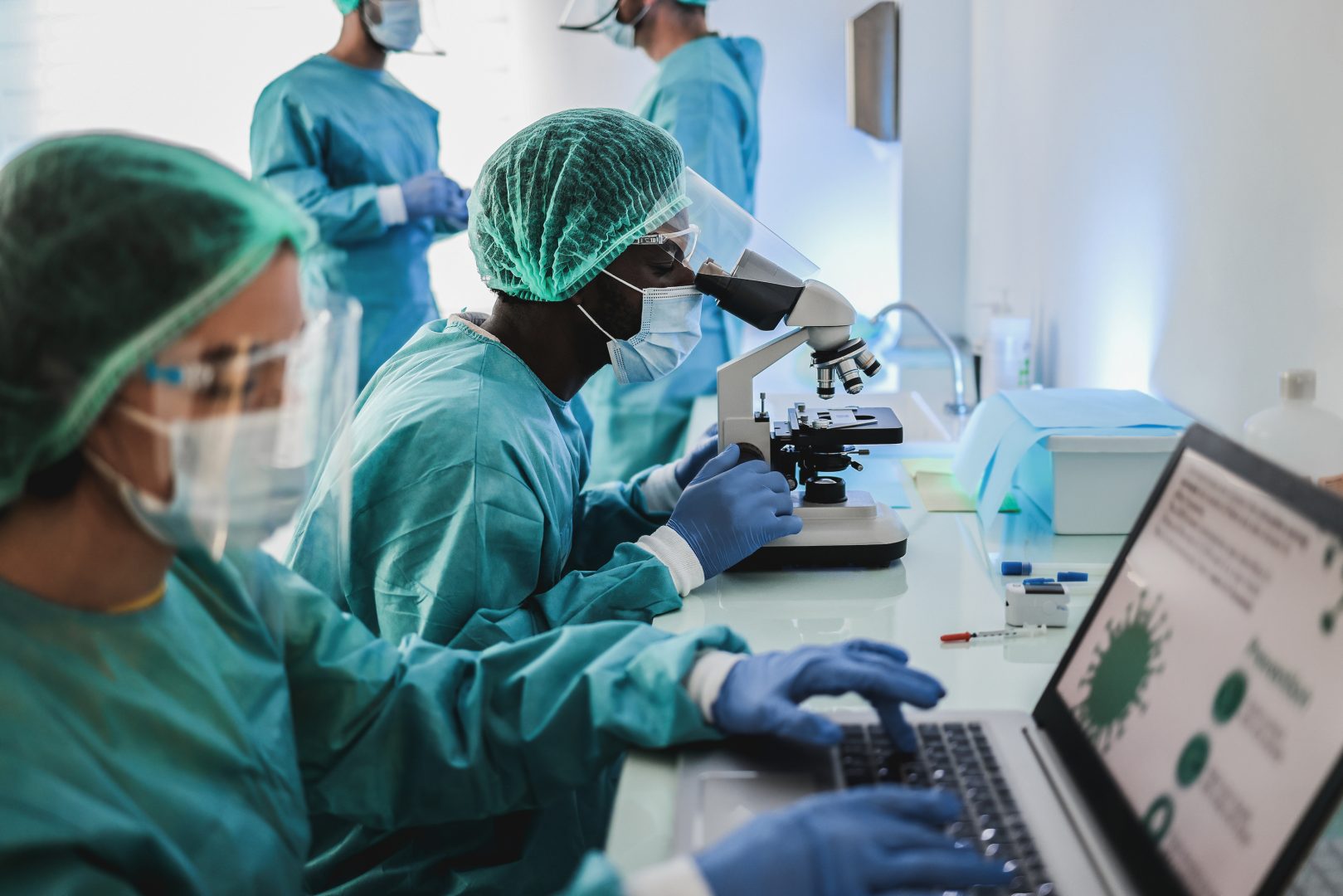Using catalytic capital to tackle global healthcare challenges
“How can we make our money work even harder for impact?”
That’s the question we asked ourselves back in 2017, spurred by the urgency of the world’s critical challenges and global momentum towards the Sustainable Development Goals.
As a result, we partnered with the UK Government to design a new capital commitment with greater risk-return flexibility. It became known as our ‘Catalyst Strategies’, investment strategies designed to shape nascent markets and build more inclusive and sustainable economies.
Over recent years, this approach has allowed us to develop new investment opportunities where pioneering impact calls for more flexibility around risk – an approach known as ‘catalytic capital’ in the field of impact investing. And through this flexible risk appetite, we’ve been able to catalyse life-changing market improvements.
A fresh approach to an enduring problem
One of our first Catalyst Strategies aimed to use fresh approaches to finance to help tackle global healthcare challenges.
While we live in a golden age of medical science, over two billion people can’t access the medicines they need, causing preventable illness, disease and death. The cause? Health markets are broken, leading to a gulf between manufacturers and buyers. And in turn, this means that medical supplies are not available, or unaffordable, in the world’s poorest countries.
So ‘MedAccess’ was born five years ago. It was set up with the intention to bridge this gap between manufacturers and buyers, by using financial guarantee instruments to reduce risks for manufacturers, in return for their commitment to making essential medicines more accessible in underserved countries in Africa and Asia.
Unlike many of our other Catalyst Strategies, it was set up as a separate company (a subsidiary of British International Investment). That’s because we recognised some strategies would be better established as separate companies with greater autonomy, as they call for more specialised capabilities. In the case of MedAccess, it required a range of expertise specific to global health markets.
Five years on, what is the impact of this approach to improving global health markets and improving access to medical supplies? And what have we learnt about the power of catalytic capital along the way?
2 bn
people worldwide can't access the medicine they need
A wide-ranging impact
Since 2018, MedAccess has brokered and committed capital to nine agreements, all with the aim of bridging this gap between manufacturers and suppliers, so that health markets work better for those who most need them. Those agreements have ranged from increasing access to new diagnostic tests, to innovations to tackle malaria and to prevent tuberculosis, to accelerating access to COVID-19 supplies in low and middle-income countries.
And the impact of this approach has been significant. Over the last five years, over 375 million people in more than 90 countries have benefitted from MedAccess’ agreements, and these agreements have also unlocked more than $450 million in product sales.
But what lies behind those numbers?
375m+
people have benefitted from MedAccess' agreements
Increasing access to new diagnostic tests
One area where MedAccess has played an important role is in increasing access to new medical testing. Its first guarantee, made back in 2018, was crucial in increasing volumes and reducing prices for a viral-load testing platform, technology critical to the lives of people living with HIV. As a result, by the end of 2021 the agreement has led to more than 550,000 people living with unsuppressed HIV knowing their viral load – essential information for determining treatment – and has meant $27 million savings for governments, donors, and public bodies.
Supporting innovations to tackle disease
We’ve also seen MedAccess as a key player in supporting new innovations to tackle disease. One example is its role in accelerating the roll-out of the world’s first malaria vaccine. By stepping in with a guarantee to keep manufacturing lines rolling while decisions were being made about the vaccine’s future, MedAccess helped ensure 7.5 million more children will be vaccinated against malaria, averting 8.7 million cases of malaria.
Another example is a partnership to reduce the price of, and accelerate access to, next-generation mosquito nets. As a result, 8.6 million malaria cases will be averted by the nets distributed to date, and public bodies have saved more than $19 million.
8.7m
cases of malaria averted by vaccine supported by MedAccess
A flexible role to meet new global health challenges
And of course, the area of global health continues to evolve, and that has particularly been the case over more recent years. The first wave of COVID-19 led to unprecedented demand for medical supplies, which fuelled price volatility and supply shortages as manufacturers battled to meet demand – and these were felt most acutely in low- and middle-income countries.
MedAccess responded quickly with a procurement guarantee for UNICEF – since July 2020 it has helped the world’s largest procurer of health products to supply over 75 million COVID-19 and other childhood vaccines, over 3.7 million COVID-19 tests and diagnostics equipment, and secure nearly 1.8 billion syringes ahead of the global rollout of COVID-19 vaccines.
What have we learnt about BII’s approach to catalytic capital during this time?
This track record of market-shaping interventions that MedAccess has been involved in over the last five years have proven some of our initial theses.
First, that significantly improved health outcomes at scale can be achieved by long-term, impact-oriented capital where there’s the appetite to take risk in return for those expected health outcomes.
And second, to achieve this impact at scale needs a team that brings together different capabilities. Those capabilities include a detailed knowledge and understanding of the markets for life-saving health commodities; the ability to work collaboratively with partners to structure market-shaping interventions; and the ability to conduct rigorous commercial and financial analysis to quantify the potential risks and returns associated with each intervention.
What next?
As we look ahead to the next five years, we look forward to continuing to support MedAccess as it continues to work for fairer access to medicines. That means supporting the organisation as it broadens the range of health markets and disease areas when it can have an impact. It also means supporting the organisation as it expands the financial products it offers, including adding loans to its core volume guarantee product, to maximise its impact. The impact MedAccess has had in just five years has been significant – and we believe the impact it can have in the next five will be even greater.


